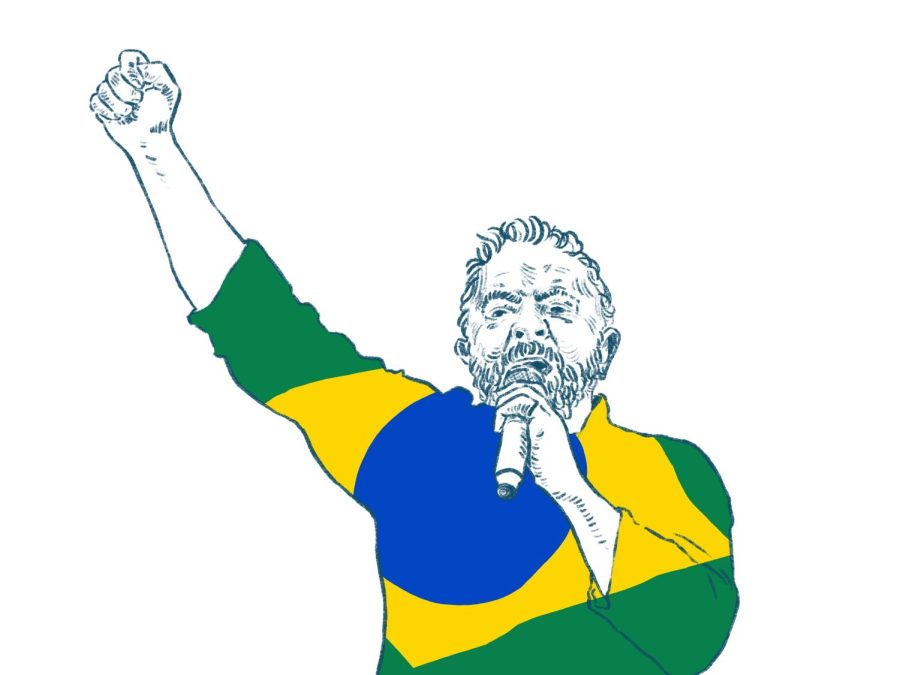Brazil Votes Lula to Another Presidential Term
December 8, 2022
In the extremely closely followed Brazilian election, Lula da Silva defeated incumbent Bolsonaro in the race for the presidency. After the runoff election on October 30th, 2022, Lula took the lead and won 50.9% of the vote against Bolsonaro’s 49.1%, a testament to just how deeply divided and contentious the election was.
Both are highly controversial figures in their own right, and both candidates have faced criticism from both the international community and within Brazil. During Bolsonaro’s four-year term, he leaned heavily on right-wing politics including the deforestation of the Amazon, the mishandling of the COVID-19 pandemic, and election fraud claims going into the 2022 election. During his presidency, he was regarded as the most powerful political leader in Latin America, with some comparing him to former US president Donald Trump. Throughout his campaign, he kept the political world on edge with suggestions of refusal to accept the results of the election should he lose.
Lula is widely considered a leftist and previously held presidential office from 2003 to 2010, ending his second term in office with much of the country holding a positive view of him. He has since been plagued by the exposure of scandals to the public. Consequently, he spent 580 days behind bars on corruption charges from 2018 until 2019. Once Lula’s convictions got annulled, he was eligible to run for president again, campaigning on expanding aid to the poor and promoting more climate protections, reversing Bolsonaro’s policies that rolled back climate protections.
Such polarizing figures have made this election seem like a coin flip right up until the final ballot was called. Lula is still widely regarded as a corrupt leader, and Bolsonaro as a far-right extremist; this polarization is nothing new to South America or the world at large.
Lula will have to manage a sharply divided country, including the belief from many Bolsonaro supporters that election fraud was at play, a parallel to the 2020 elections in the United States, where violence followed such claims in a turbulent transition of power. The New York Times has corroborated statements that there has been “no sign of election fraud in electronic voting machines” in Brazil, a system that Bolsonaro has criticized for its supposed potential to fraud and tampering. Elaine Wen ’24 witnessed a protest regarding Brazilian election fraud in Harvard Square on November 6th, and told the Register Forum, “This indicates that how elections are handled won’t be confined just to the country it’s in, and how [the United States] have become a standard for democracy.”
The future of Brazil may be uncertain as it moves from a far-right president to a leftist one, with half of the country still backing conservative Bolsonaro. When asked by the Register Forum on what the future of Brazil may look like, Mr. Benji Cohen, a CRLS history teacher, said, “I, unfortunately, think Brazil will be plagued by intense polarization moving forward.”
No matter how Brazil moves forward in terms of policy and democracy, it still remains influential in the region and the world and will likely see more political instability during transitions of power.










